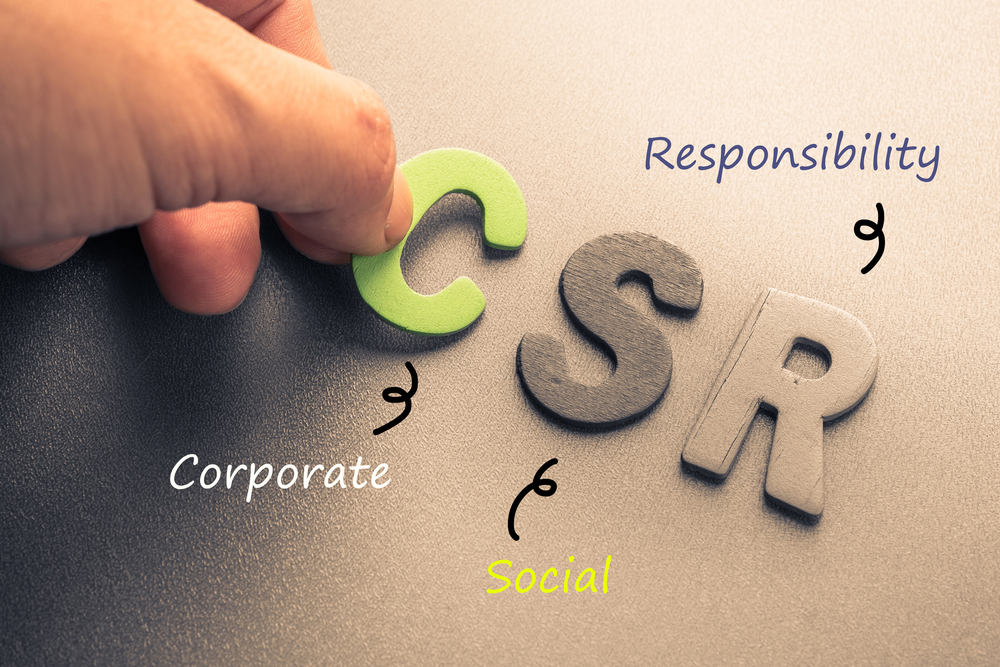From introducing a living wage and promoting diversity and inclusion, to being sustainable and purchasing fairtrade products, many businesses are taking more action towards social responsibility. A CSR (Corporate Social Responsibility) plan is essential for companies to build, deliver and maximize the potential of its initiatives. Without one of these in place, your attempts at raising awareness for certain issues may fall flat.
Creating a successful CSR strategy doesn’t happen overnight, however. It requires thorough planning and implementation for new initiatives to take off. This may take time, but it will be worth it for your business in the long run. Being transparent and proactive about social issues can improve brand image and reputation, increase profits and expand your customer base. In fact, 75% of consumers are likely to start shopping with a company that supports an issue they agree with.
So, if you want to boost your social responsibility credentials, read on to find out how to build a CSR plan that works.
Start by focusing on what you want to achieve
The first step to creating a CSR plan that works is identifying what you want to achieve as a business in terms of social responsibility. It might be that you want to reduce carbon footprint, improve diversity and inclusion, or get involved with charity — there’s so many things you can address in your CSR plan.
Pinpointing what initiatives, you’d like to implement and how they fit into your business will help you progress with your strategy.
Partner with businesses that can help develop your CSR plan
You don’t need to be a large corporate company to kickstart your CSR strategy as an ethical business. While it may seem like an overwhelming task, it doesn’t have to be. Partnering with an organization that understands the complexities of different social responsibilities within a business environment can help ensure your CSR plan is carefully thought out.
Also Read
There are plenty of companies out there providing valuable advice. Waste management service provider Bywaters, for example, has an in-house team of experts (known as Green Gurus) that provide sustainability advice to clients. They “carry out in-depth audits of each site, producing comprehensive data” that helps them to improve a business’s sustainability levels.
Meanwhile, if you require support incorporating diversity and inclusion policies into your CSR plan, the EW Group offers bespoke, equality, diversity and inclusion training courses to businesses of all sizes, helping you to return to your workplace more knowledgeable about the issue.
Draw inspiration from your ethos
It’s important to form your CSR plan around your core business values. This will allow you to seamlessly and naturally integrate your strategy.
Think about your goals and the action you envision both employees and customers taking. Want your staff to have more opportunities to do good within society? Offer them a set number of days a year to volunteer for an organization they care about. Do you wish more individuals recycled waste? Encourage your customers to recycle their packaging rubbish properly using effective marketing strategies.
Brainstorm with your employees
When developing your business CSR strategy, it’s worthwhile getting as many people involved as possible. Receiving input from the whole organization, including all levels of employees, will help you cover all bases and ensure everyone’s ideas are considered and acted upon.
As such, we recommend arranging a company-wide meeting to begin discussing corporate social responsibility. This may lead you to creating an employee-fronted committee to continue developing and growing your CSR initiatives. Not only can this increase overall team effectiveness and evoke a stronger sense of community, it helps boost employee engagement and motivation, which in turn, can lead to a CSR plan that works!
